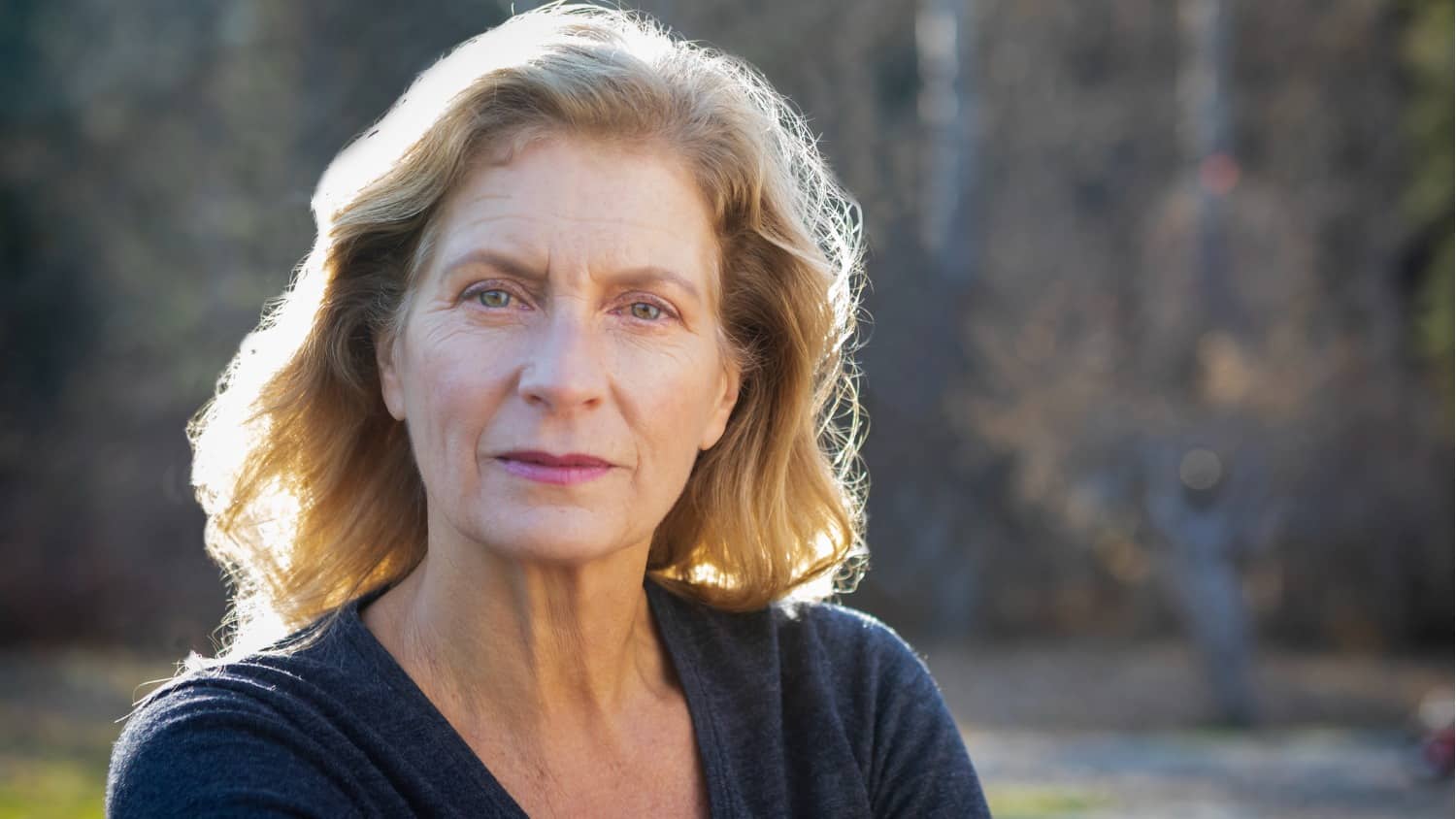
Want to Feel Relevant After 60? Serve on a School Board
Community service is a great way to put to use our six decades of wisdom, and typically any locality will offer plenty of opportunities for volunteers of all ages. But if you want to really amp up your impact, consider rolling your volunteering energy into a run for your local public school board.
My Experience as a School Board Member
My youngest child had just entered high school when I received a call from a member of the school board for the K-8 (kindergarten through 8th grade) public school all my kids had attended.
“I’m leaving the school board at the end of my term, and I think you should take my place,” the woman said. We knew each other from being moms in the same district and serving on various parent committees, but her suggestion caught me by surprise. I had lots of questions.
After sorting them out, I threw my hat in the ring. My subsequent three 4-year terms on the Illinois District #37 Board of Education remain a highlight of my life. I recommend that anyone looking for an interesting “side hustle” consider running for school board.
In my case, there wasn’t much hustle. I ran unopposed all three times, so I didn’t have to do much campaigning. In Illinois, public school board positions are unpaid, so I still needed a day job.
Joy in the Work
The greatest reward of school board service is the feeling that you’re doing something to improve your little corner of the world. What’s more important than educating children, keeping them safe and inspiring them to find and pursue their passions? Public education engages students not only in academics but in the arts, participant sports, friendships, mentorship, and the list goes on.
You’ll feed your own intellectualism as well, and you’ll learn so much! Running a school district puts you in charge of big-picture tasks while letting your staff hammer out the details. You’ll find yourself developing mission statements and strategic plans, setting budgets, hiring and evaluating the superintendent, overseeing management of facilities and grounds, approving curricula, determining the best course in legal matters – again, the list goes on.
As I was deciding whether to do this, I called a second school board member I knew pretty well and asked her what she enjoyed about her service on the board.
“I just find it so interesting!” she responded. She was particularly fascinated by an aspect that wasn’t even on my radar – governance. She liked learning how a body of seven individuals handles the process of governing.
What happens at the meetings? Why is it important to follow rules that, for example, address the voting? Is it beneficial to form committees? What happens if a board member doesn’t complete the term? She loved taking deep dives into all of that.
Collaboration
Since I’m a freelance writer/editor and have worked from home for almost my entire career, a big draw for me was simply having colleagues. I could get some of that in my freelance work, but not to this extent.
Serving on a school board allowed me not only to work closely and equally with six other board members but also to collaborate with administrators and teachers. Everyone brought something unique. It was so helpful in forming my own opinions to have their expertise and hear their points of view.
For the several years I served as vice president of the board, I worked more closely with the president and superintendent and had the opportunity to represent the district at various events in the state.
Most years, I showed up at my state’s annual meeting, which offered keynote speakers and classroom formats. Two years, I also attended the National School Board Association (NSBA) convention, where I heard conservationist Jane Goodall, actor Sidney Poitier and historian David McCullough speak. That was really fun.
You Don’t Have to Be a Parent
A school board should represent the whole community. While parents tend to dominate the board, it’s important for some of the board seats to go to residents who do not have children in the schools. I was one of those.
I’d been a K-8 parent with three children, so I had that parent perspective in my recent past. But at this point I was a homeowner with taxes to pay to educate other people’s children. In our district, 70 percent of voters did not have children currently in the schools, so that was an important constituency to represent.
Maybe your grandchildren attend your district’s schools, or maybe you’ve never been a parent. Every resident of a community is affected by the quality of public education.
What a 60-Year-Old Woman Can Contribute
School boards tend to attract lawyers, accountants and educators as members. But diversity on the board – in profession and general background – drives more representative outcomes.
The most important qualification for a school board member is to be able to listen. You get lots of help with every decision. You invite experts in every field to the board meeting to explain your options. You set up committees to report back to you on choices and recommendations. Your superintendent studies every challenge and shares information with you.
In your 60s, you probably are watching your expenses closely. You can advocate both for quality public education and for effective use of tax dollars – you don’t have to choose one or the other. In fact, that’s pretty much what school board work is all about – determining the best use of the allocated funding.
If you own your home, your property value reflects the reputation of your schools. That alone is a great reason to serve on a school board.
If you feel invisible as an older woman, I can assure you that will end when you control one of seven votes directing the education of your community’s kids.
NSBA launched its Women in Leadership initiative to support women who want to participate in school board work. Although women represent half of school board members nationwide, NSBA says that still under-represents school staff and faculty, made up mostly of women.
How to Run for School Board
It was attractive to me that most school board elections are nonpartisan, although this situation is frequently revisited state by state. Nothing more than my name appeared on the ballot. No party was listed with any of our candidates.
At the time, our district had a caucus made up of volunteers who vetted people interested in running, and then the caucus would issue its official slate of candidates. Each time I ran, I was slated by the caucus. And each time, the people who sought caucus support but didn’t receive it decided not to run, so I ran unopposed. Typically, terms are staggered, with about half the seats up for election at a time.
Our state required us to present a petition with a minimum number of signatures supporting our candidacy, and the caucus handled that. The caucus also gave us, or told us where to find, the necessary paperwork to complete in order to comply with state requirements.
If there’s no caucus in your district, you will have to dig into the procedure on your own. Every state is different, but the information is readily available online. Every state has a state school board association with a website.
This Is a Critical Time
Suddenly, school boards across the country are in the news daily as they struggle with policies concerning masking and vaccinations for students and staff. But the work of a school board never stops being timely and essential.
According to NSBA, nine of every ten children attend public school. When it comes to establishing a secure and stimulating learning environment for the next generation of adults, no political body is more valuable to our society than the local school board.
“Board members are more than policy-makers and administrators,” NSBA states. “They are advocates for students and their parents and entrusted to engineer a better future.” If you’d like to “engineer a better future,” I encourage you to make your voice heard and run for election on your local school board.
Do you currently volunteer for an organization? Have you ever considered running for a public school board member? Do you think this job would be rewarding?






